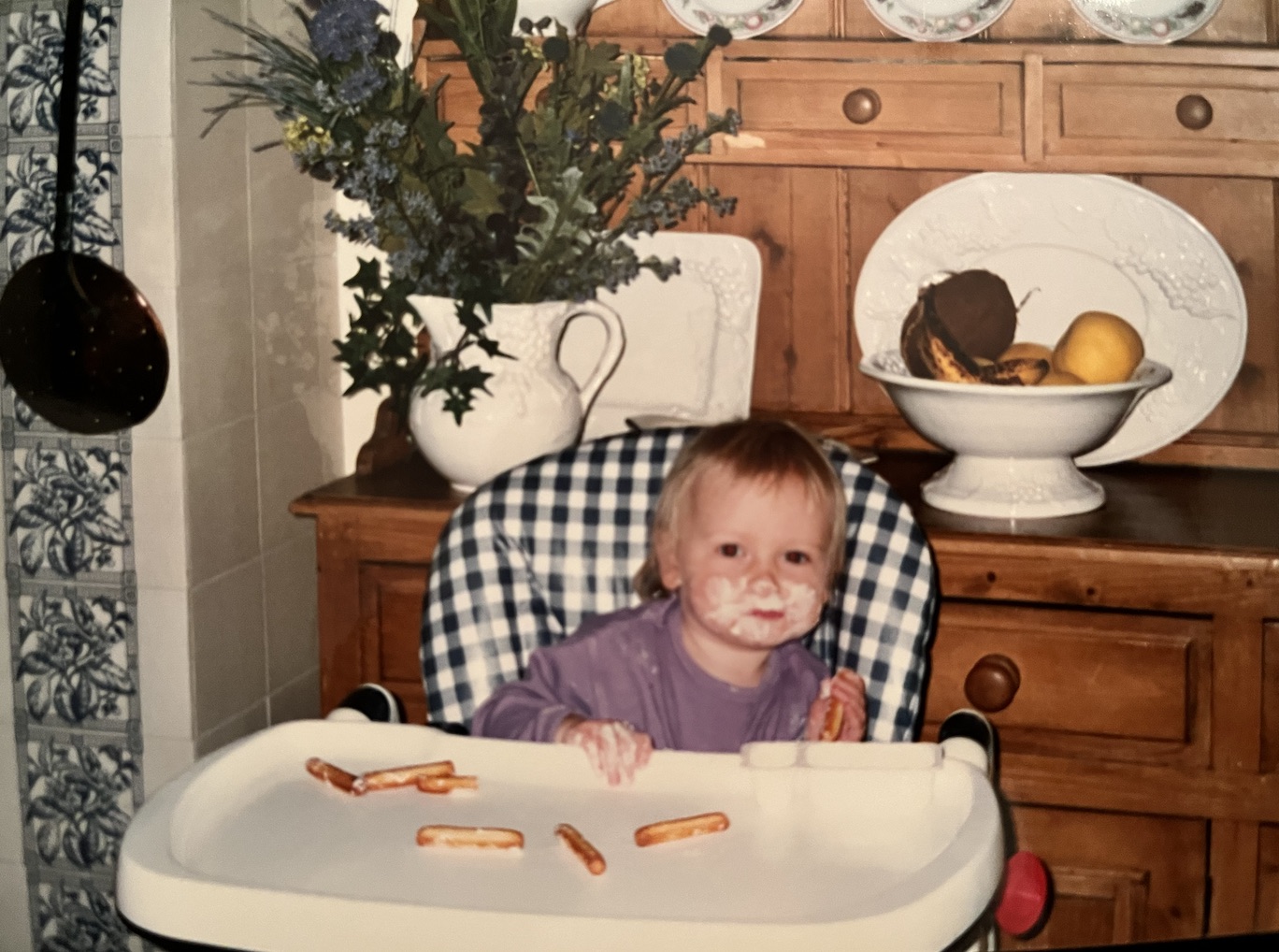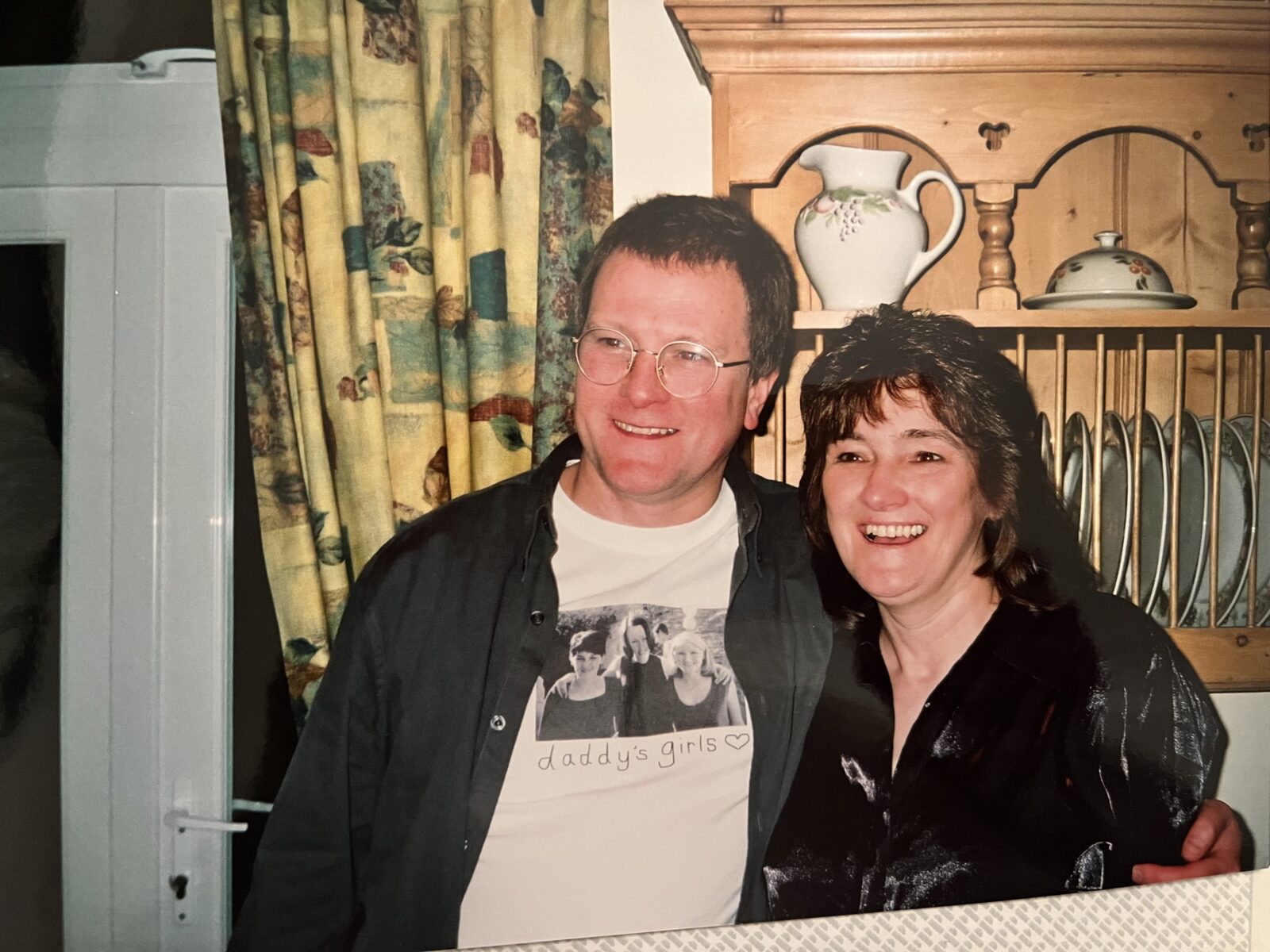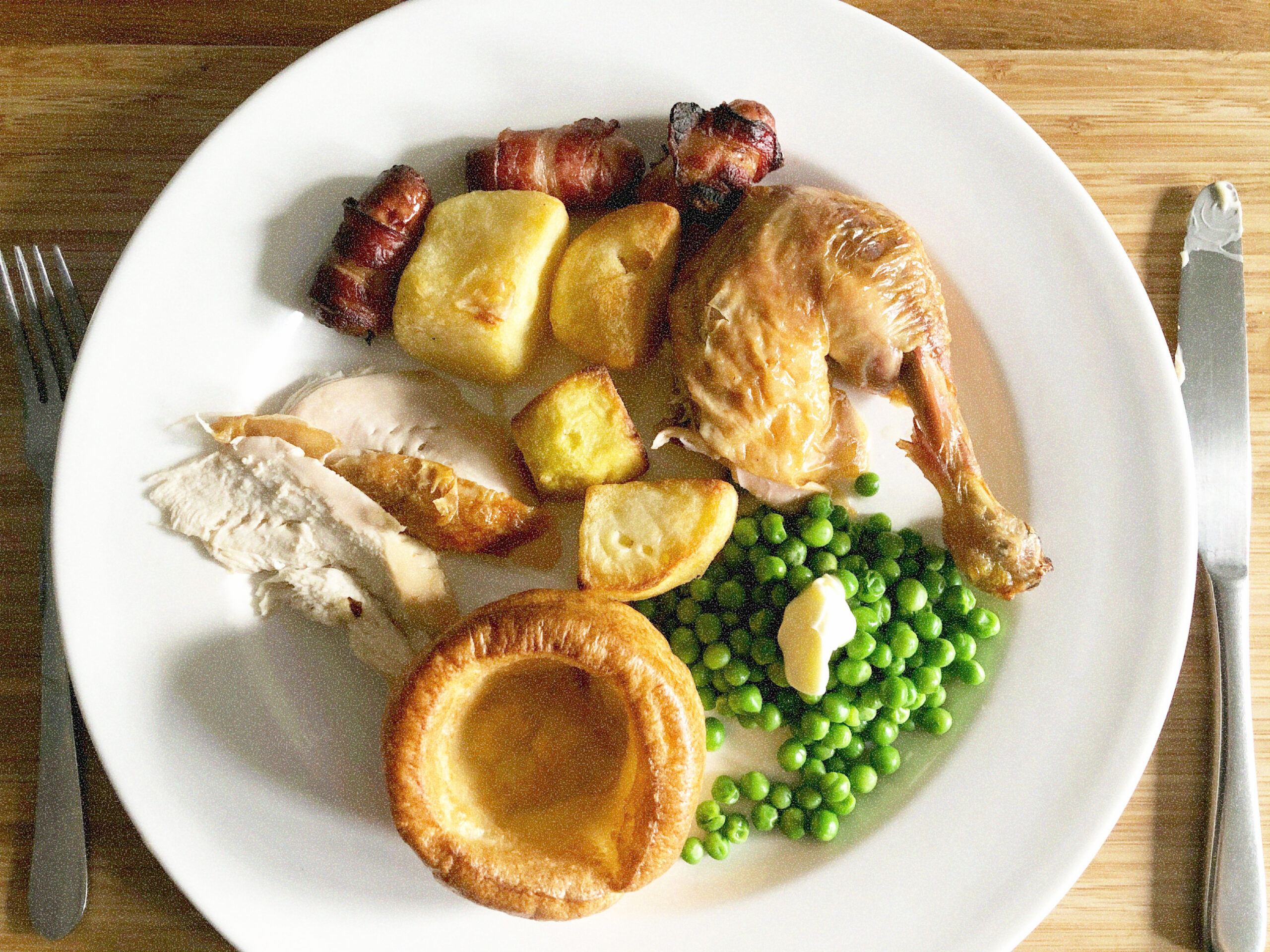They’re an essential part of any roast dinner, but for Scarlett Coughlan, Yorkshire puddings hold a much deeper significance.
If, like me, you’re from Yorkshire, I can guarantee three things – you pack Yorkshire Tea in your suitcase when travelling abroad, you know at least one person who owns a whippet, and you bloody love a Yorkshire pudding.
In my family, a Yorkshire pudding is more than just everyone’s favourite part of a roast dinner. It’s the one thing guaranteed to be on the plate if we’ve managed to get the whole clan together, and it’s the only thing that ever reminds us we’re Catholic (“you’ve had four! Greed is a sin!”) as we argue over who gets the last one across the dining table.
Luckily, my nan Jean, a born and bred Yorkshire lass, has a solution to our arguing. Whenever it’s her turn to make the Sunday lunch (which is few and far between as she gets older), she serves us our enormous puddings as a starter. This is how her 400-year-old home in Eckington, Sheffield, a former granary, came to be associated with roast dinners rather than grain.

We sit around her kitchen table, mouths watering as she pours the custard-like mixture into tins primed with red-hot vegetable oil. The heat of the oven warms our faces as the door opens, producing golden brown rectangles, soft on the bottom and crispy round the edges. My nan makes Yorkshire puddings in cake tins, like her mother did. But, whereas when she was a child in the 50s they’d sparingly slice theirs into six to share, we enjoy one each, slathered in onion gravy.
“In them days you’d have your Yorkshire pudding first,” my nan explains. As well as saving room on the plate, it was a tactic designed to fill families up so they wouldn’t need as much meat – the most costly part of the meal. And to make the most of whatever joint they could get their hands on that week, Yorkshires would traditionally be cooked underneath the meat, soaking up any drippings for added flavour.
“This is what Sunday roasts are all about for me, it’s all about family”
Rob Emmott
Though money was tight, they would eat a roast dinner (in Sheffield, we confusingly call lunch ‘dinner’) every week without fail. “My mother had one ring on the hob and she would cook a Sunday dinner on that,” my nan recalls fondly. The tradition was the same for the entire street. “We’d be playing out and you could smell dinners from every house.”
My grandad Phil nods in agreement at the shared memory of mid-century Sheffield. He can’t help but chime in: “They’d be cooked for the men coming back from the pub. On Sundays, the pubs would open 12pm until 2pm, so the men would stay until they got thrown out, then they’d go home and have their Sunday dinner.”

With everyone working various jobs to get by, Sunday roasts would often be the only meal of the week the whole family ate together. “There’d be no, ‘I’ll have mine in the room’,” my grandad says – the colloquial abbreviation for ‘living room’ ringing strong in his thick Yorkshire accent. “You’d sit round the table and have your dinner.”
The feeling of sharing a family meal is something head chef Rob Emmott tries to recreate through his roast dinners at Dewars Restaurant and Rooms in Malton, North Yorkshire. “This is what Sunday roasts are all about for me, it’s all about family,” he says. “When I was a kid, my mother used to make us a Sunday roast. One of my earliest memories is that big table with all the uneven chairs and the mucky table cloth and everybody sat around it just sharing everything.”
To achieve this feeling at the restaurant, all the trimmings come in serving bowls at Dewars. “We send out the roast potatoes, the greens, and the red cabbage in bowls for people to pass around,” he says. “It’s ace when you’re looking over at your mum or your grandma, ‘pass the roast potatoes please’, or ‘more gravy’. Getting stuck into the meal is just the best.”
At the heart of Rob’s roast, however, is the Yorkshire pudding. “It’s not a roast without it,” he says. While Yorkshires are known for their remarkable size at Dewars, across the county, they’re known for much more. Though nothing more than flour, milk, eggs, and water, their sticky batter is the very glue that keeps families together.
